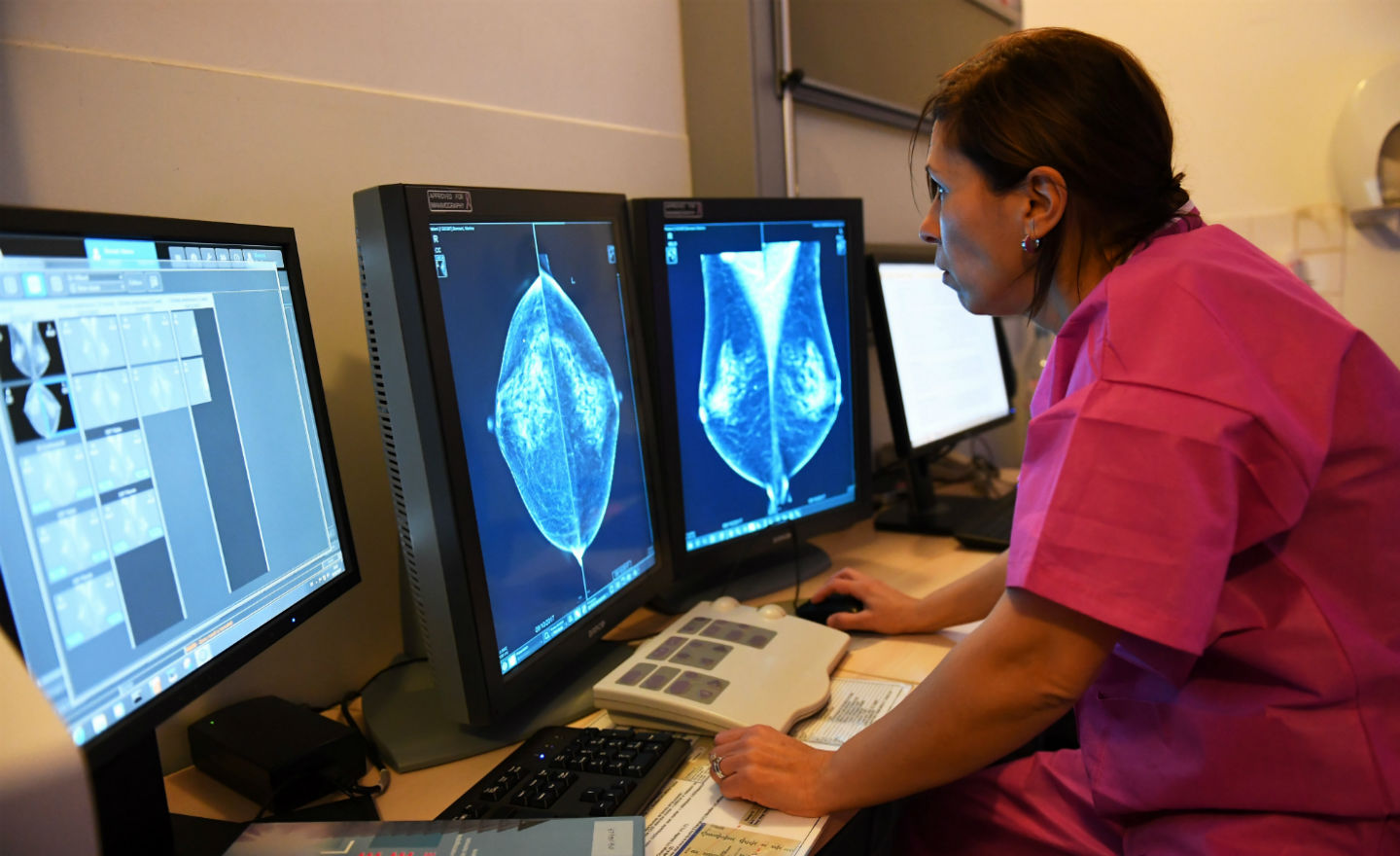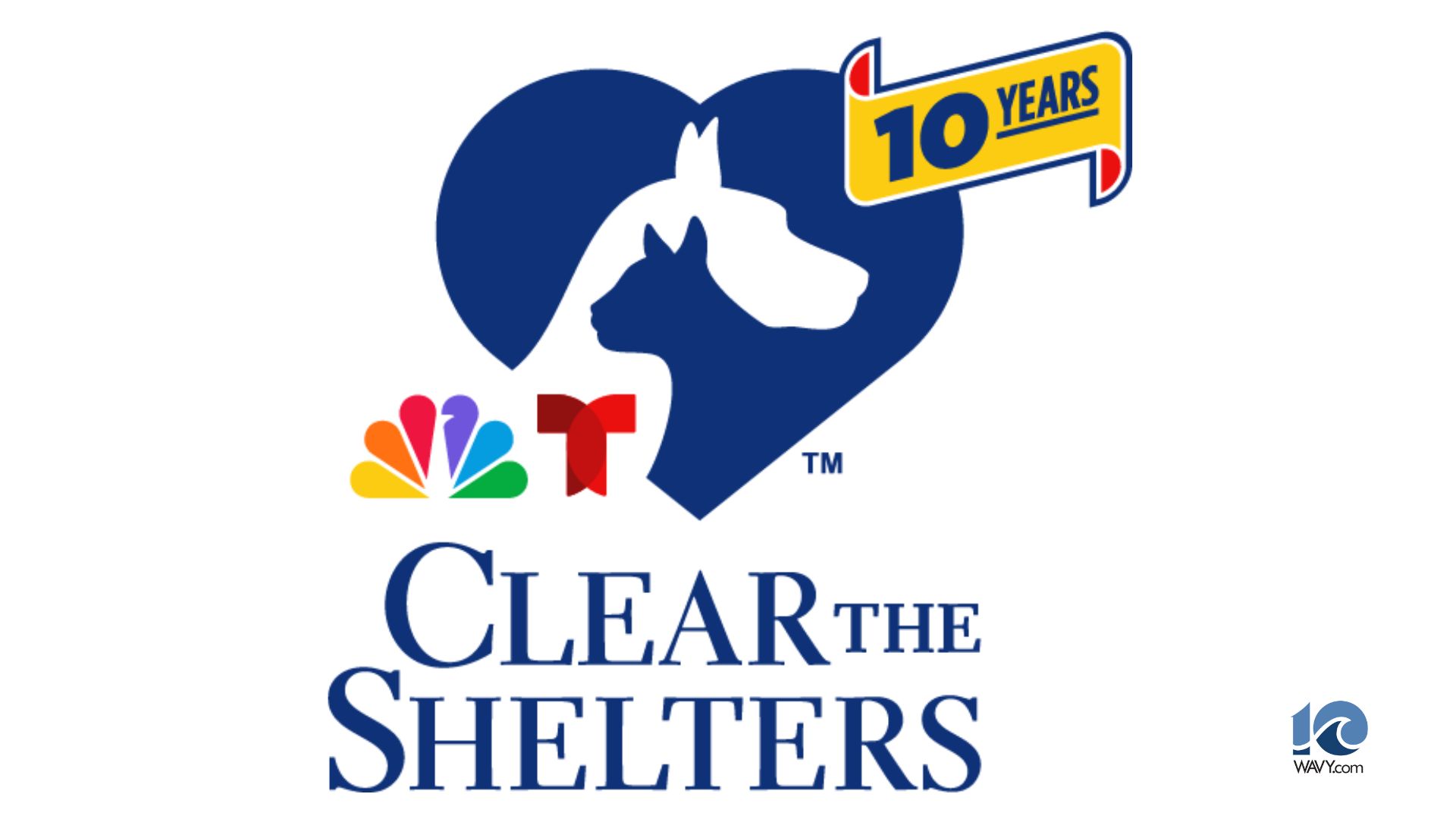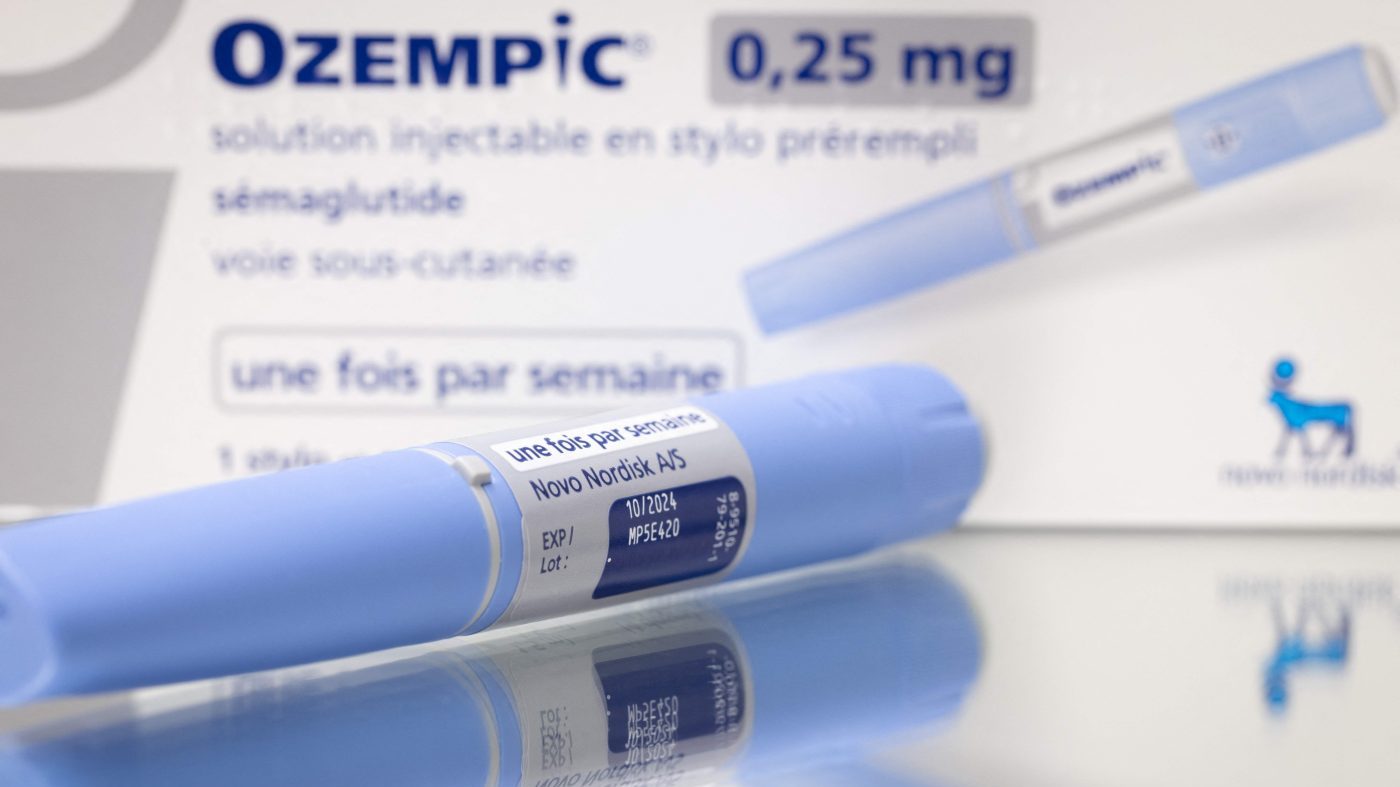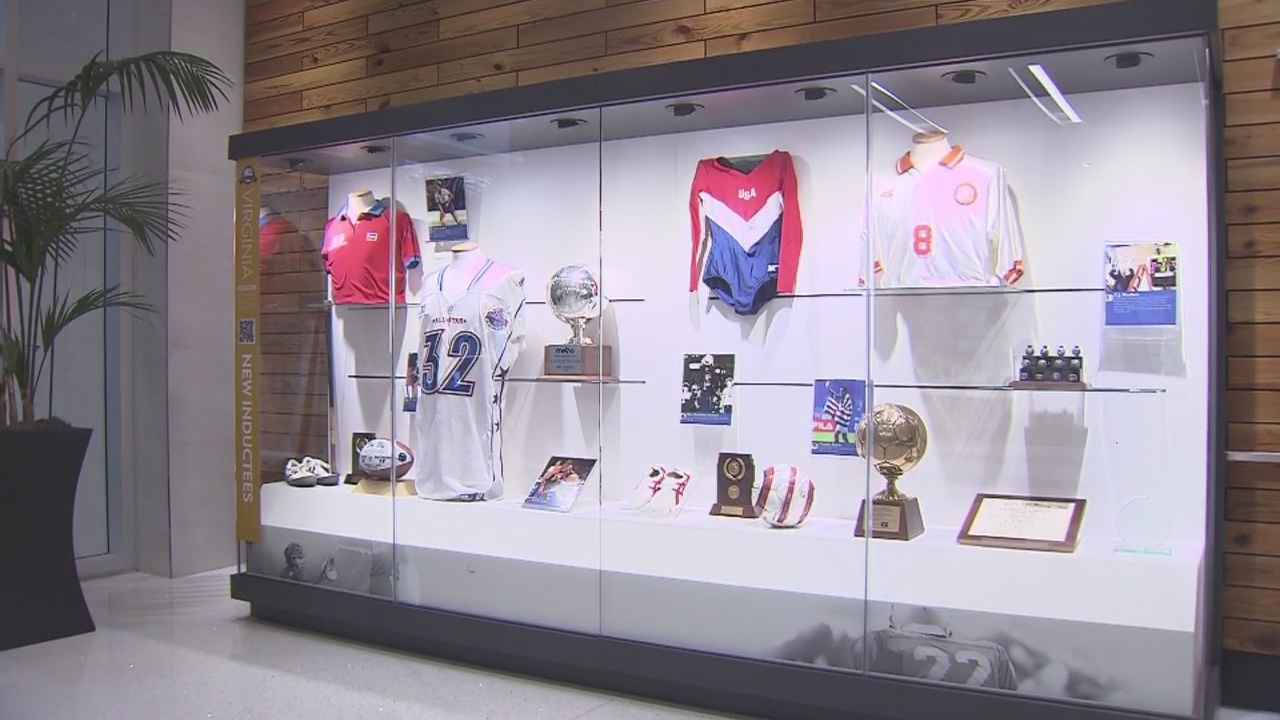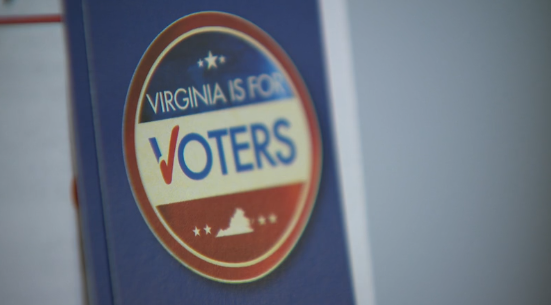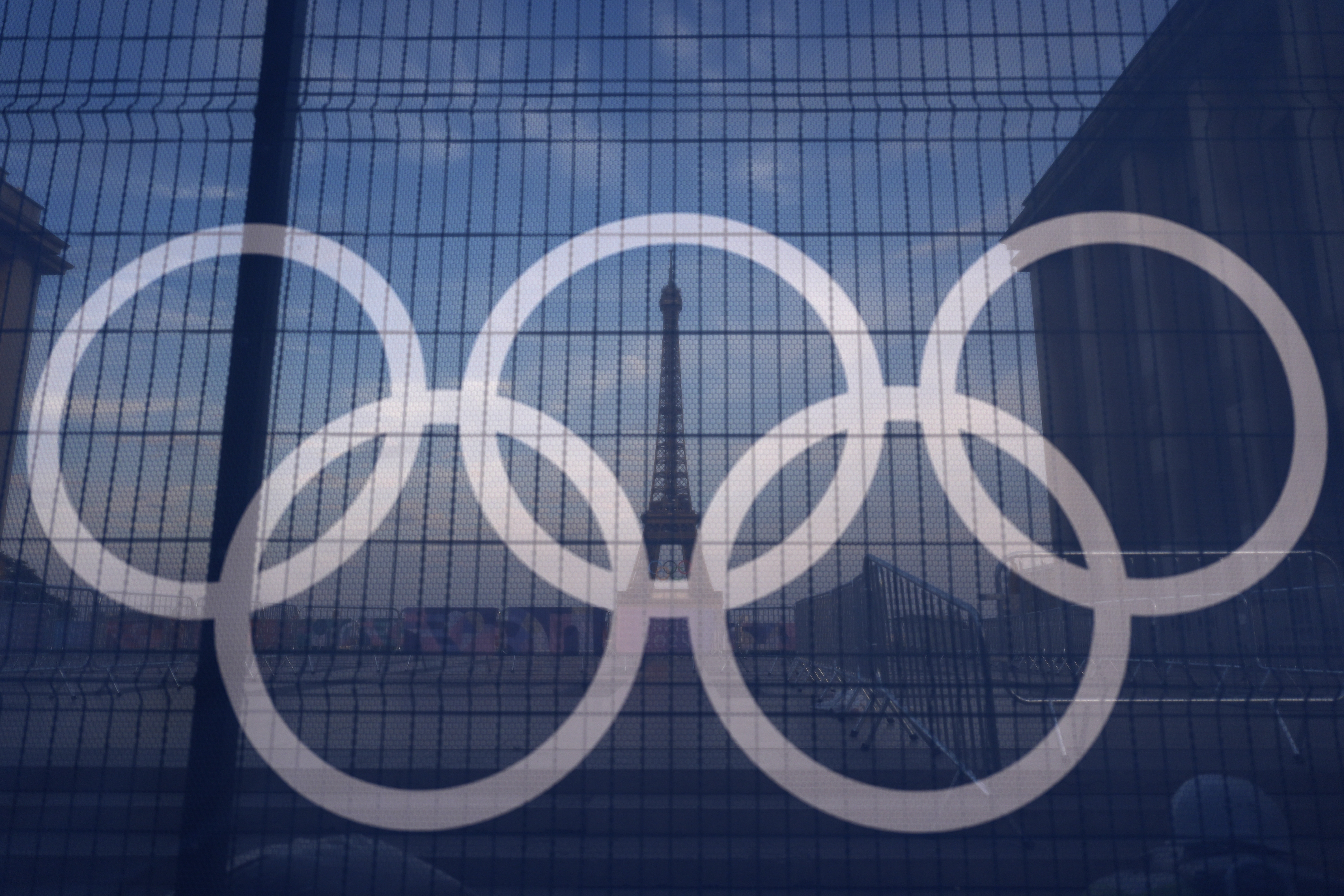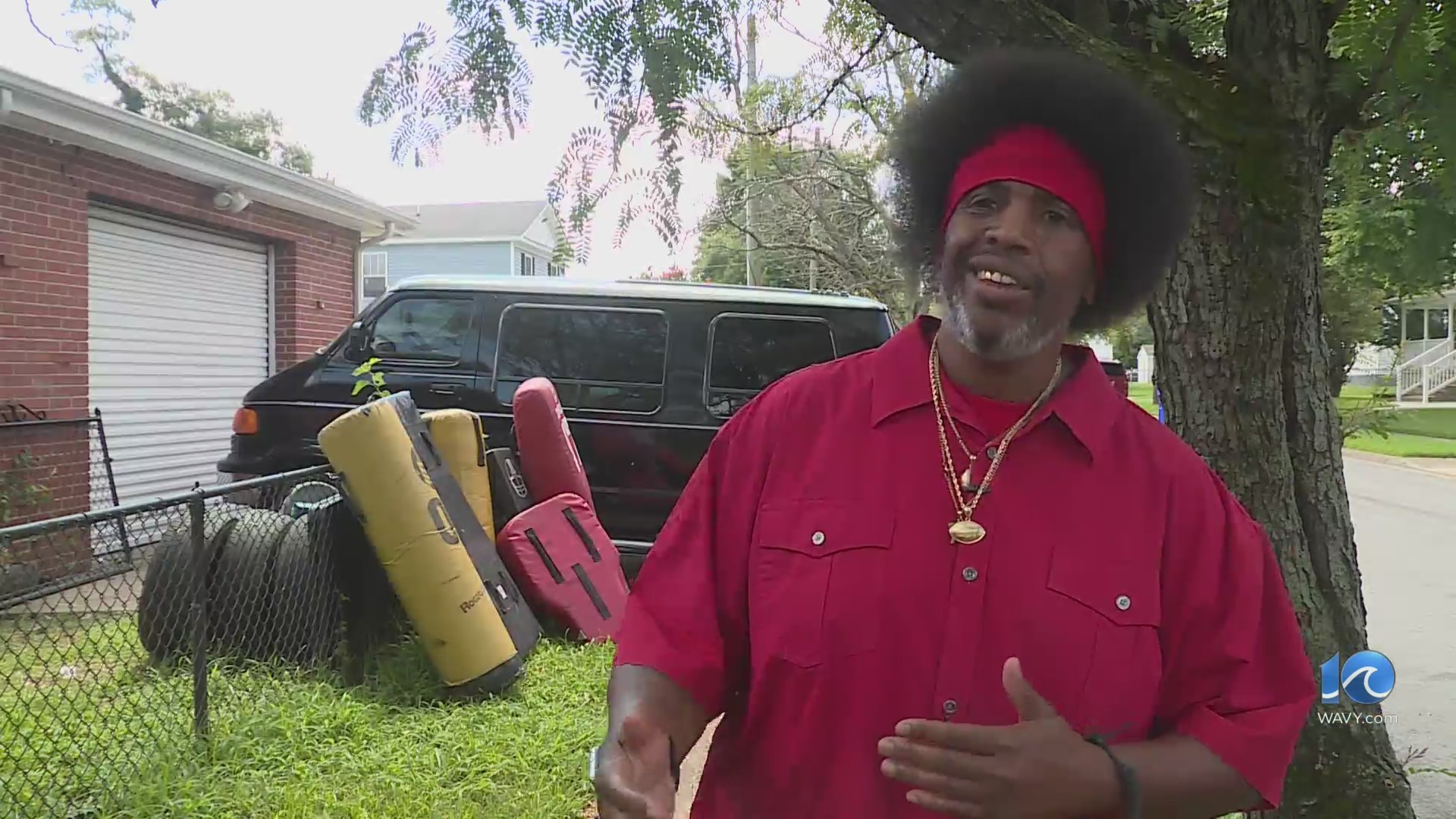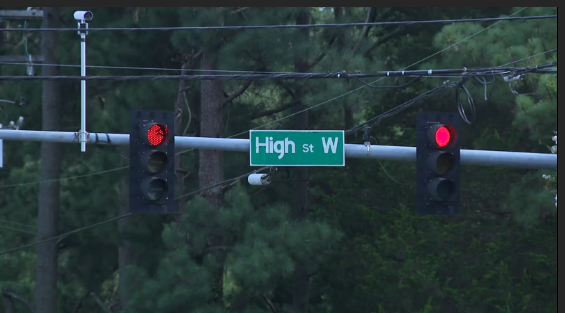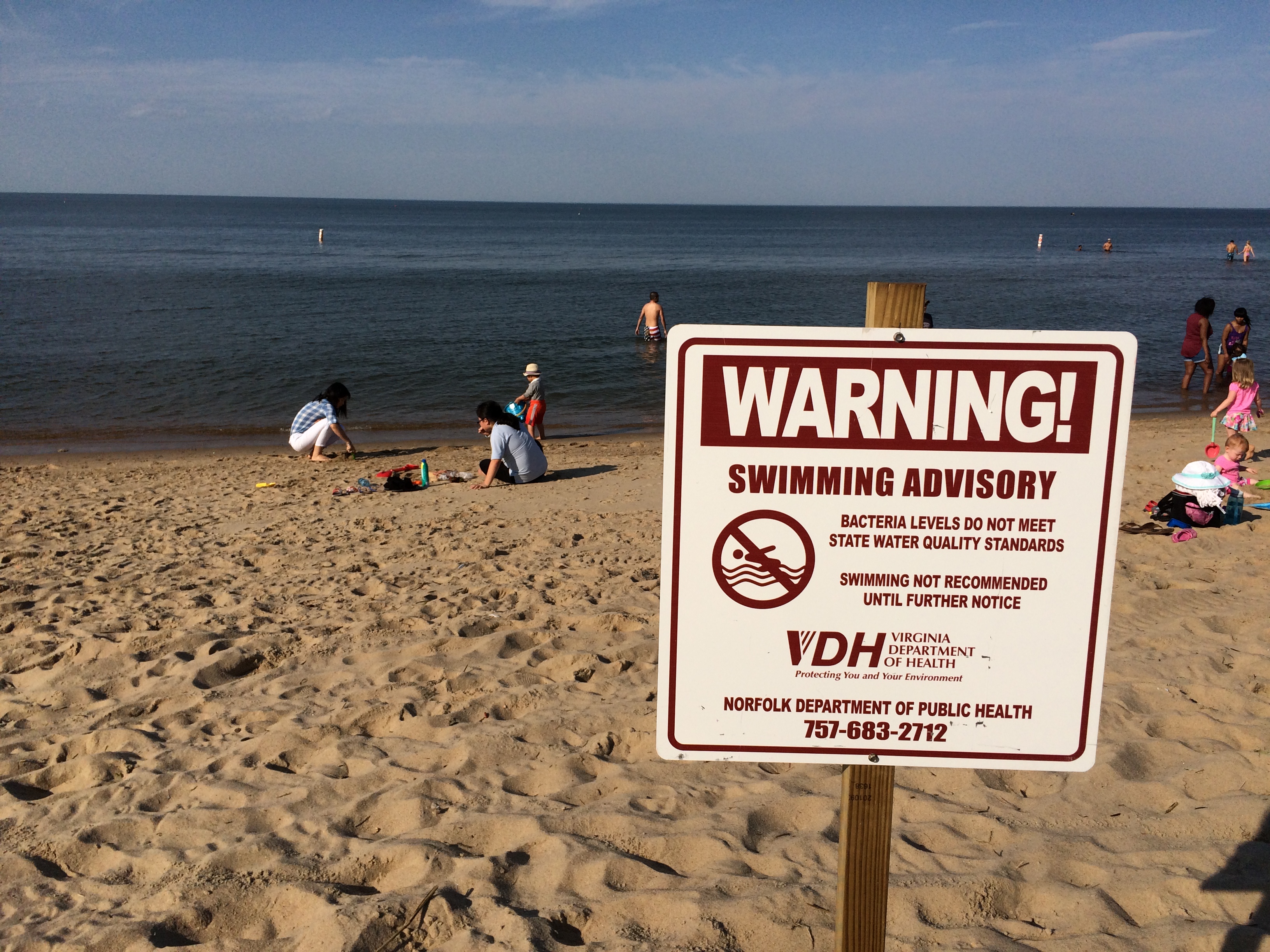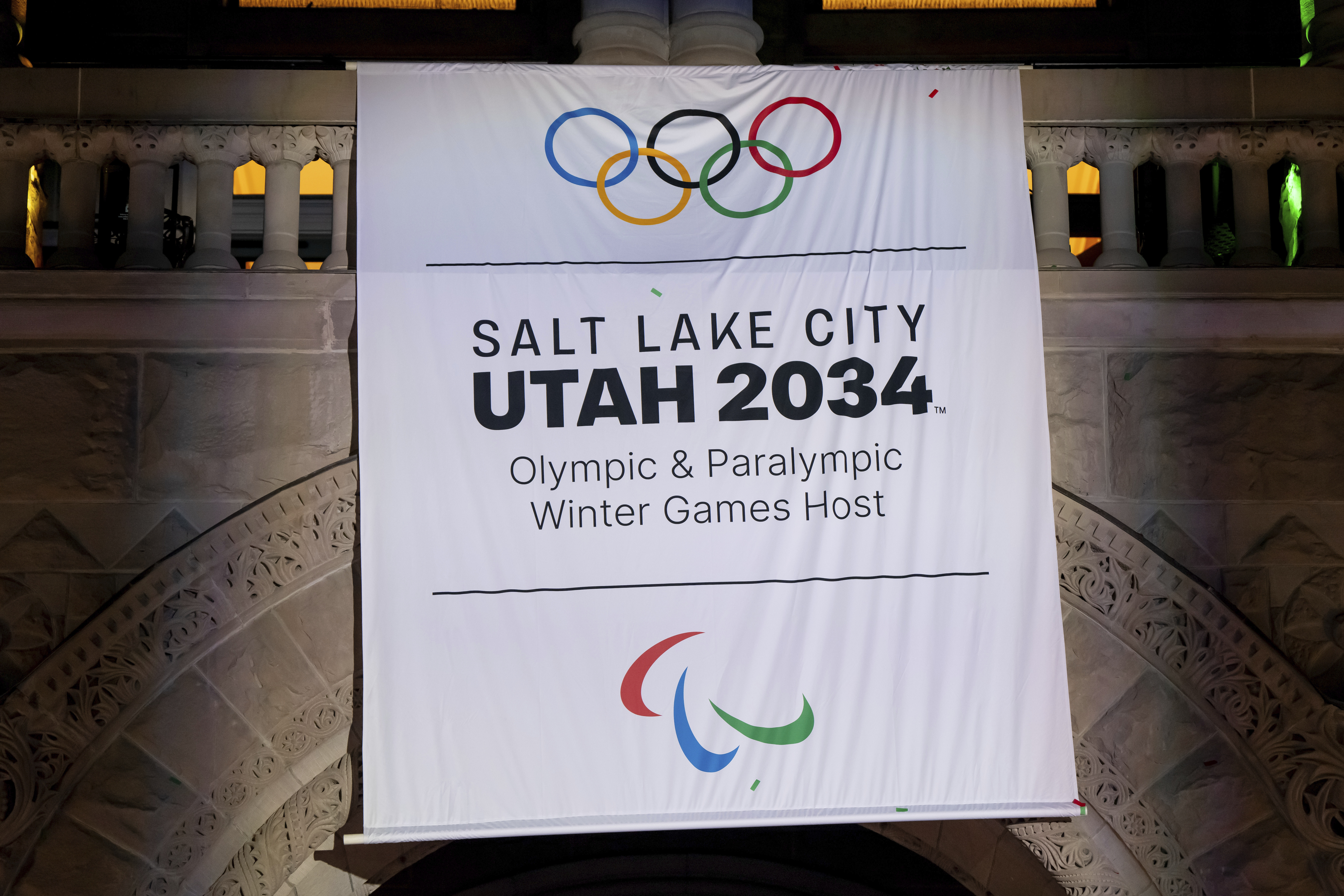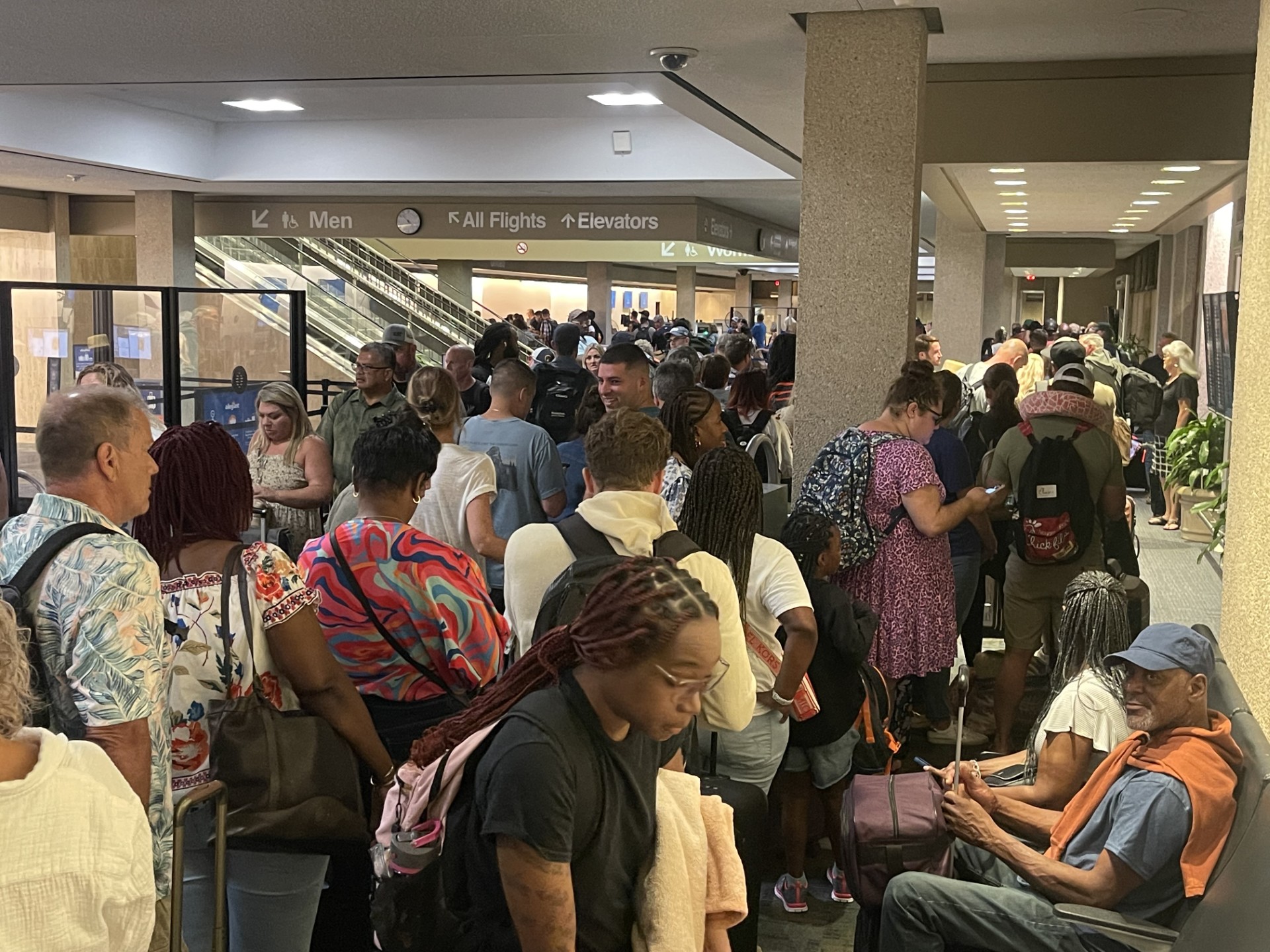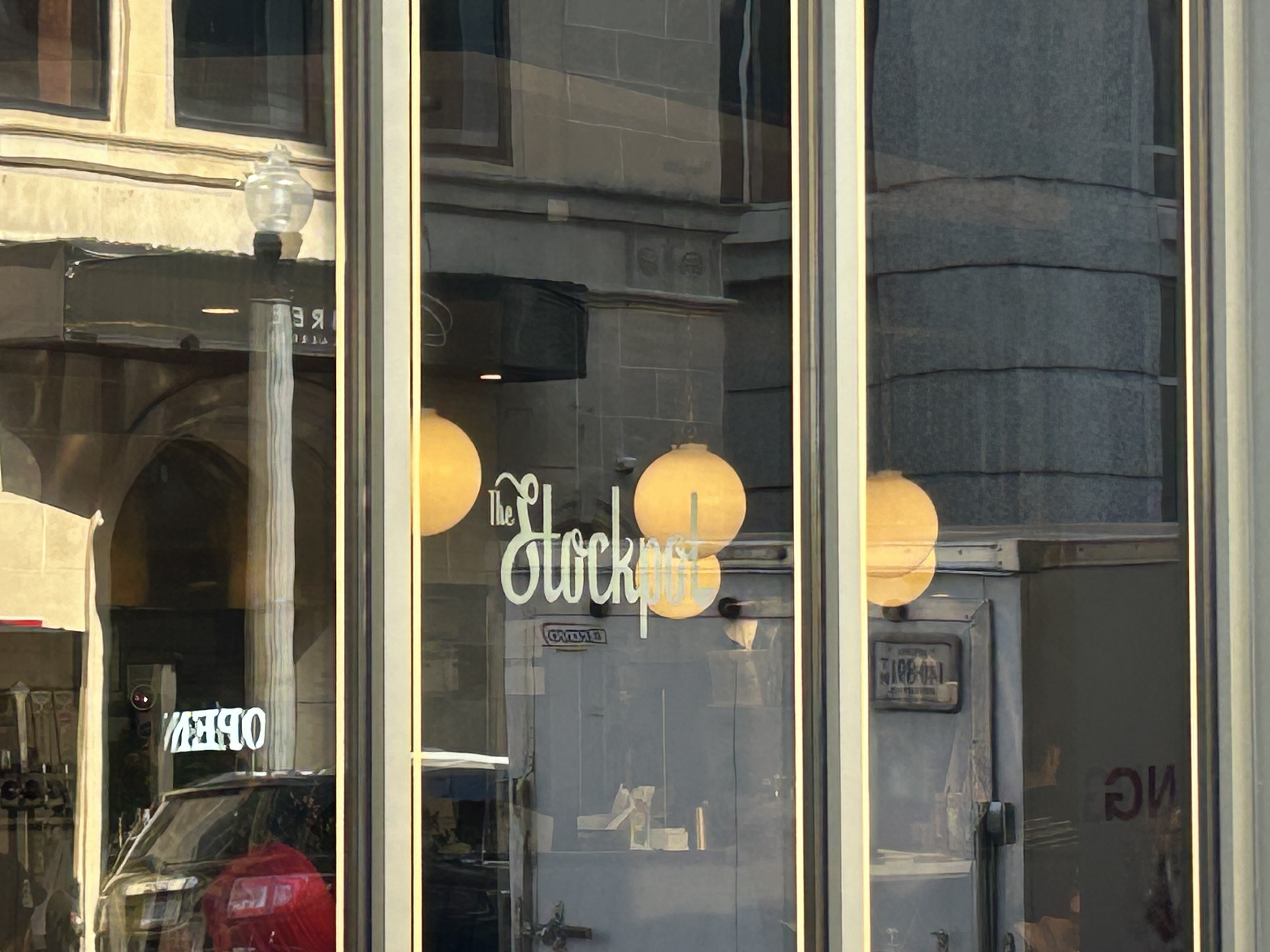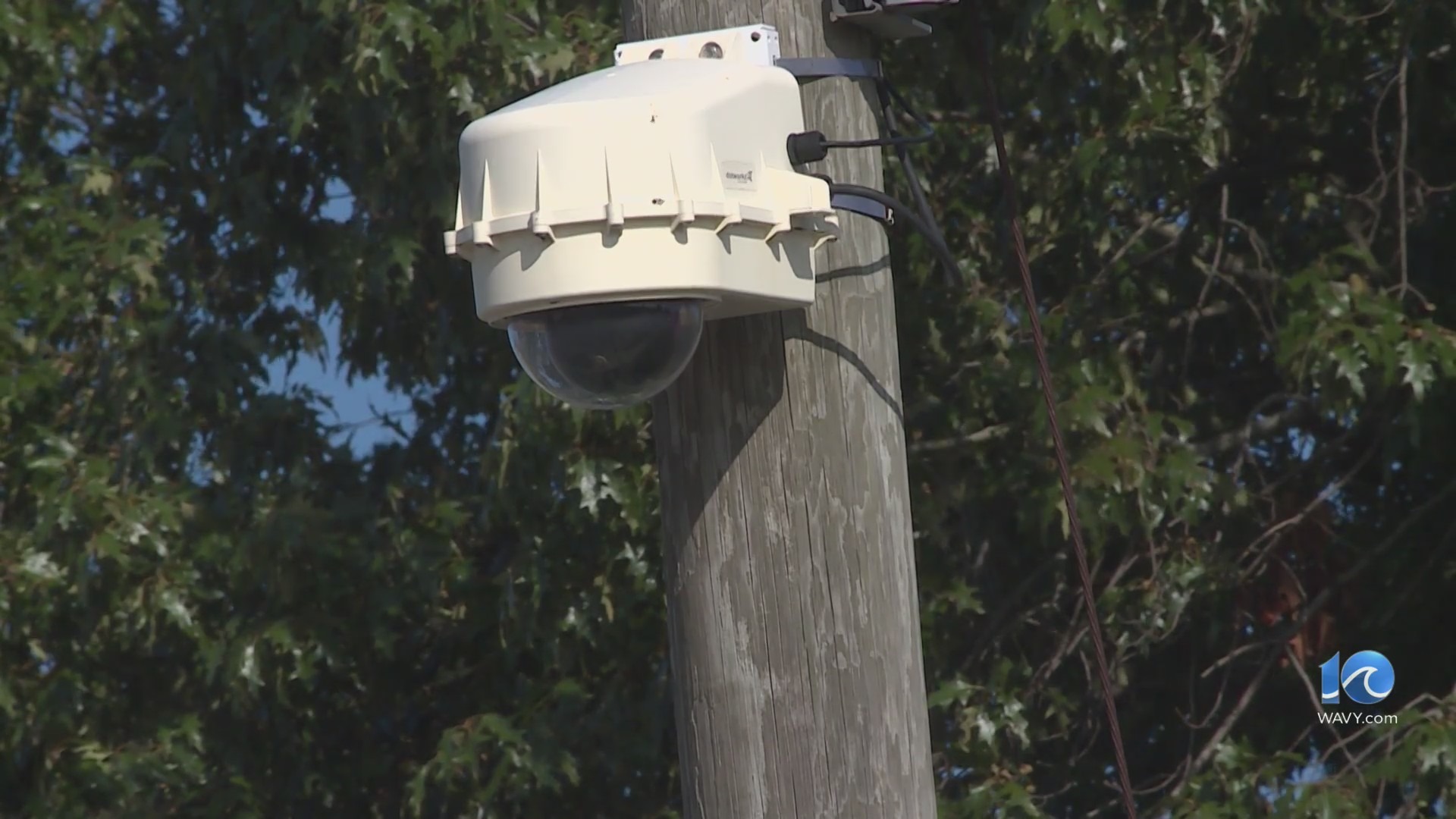A subsidiary of Johnson & Johnson is now proposing to pay approximately $6.48 billion over 25 years as part of a settlement in the U.S. to cover allegations that its baby powder containing talc caused ovarian cancer.
The lawsuits filed against J&J had alleged its talcum powder caused users to develop ovarian cancer, through use for feminine hygiene, or mesothelioma, a cancer that strikes the lungs and other organs.
The claims contributed to drop in J&J’s sales of baby powder, prompting the company to stop selling its talc-based products in 2020. In 2022, J&J announced plans to cease sales of the product worldwide.
J&J said that the reorganization plan for the subsidiary that was being announced on Wednesday was significantly different from the previous reorganization that was announced. Those differences include a three-month solicitation period during which ovarian claimants can vote for or against the plan. This is something that was denied in prior bankruptcy cases, the company said. And if 75% of claimants vote in favor of the plan, a subsidiary may file a “prepackaged” Chapter 11 bankruptcy to secure its confirmation.
J&J said that the plan would resolve 99.75% of all pending talc lawsuits against it and its affiliates in the U.S.
The remaining pending personal injury lawsuits that relate to mesothelioma will be addressed outside of the plan. The company said that it has already resolved 95% of mesothelioma lawsuits filed to date.
State consumer protection claims will also be addressed outside the plan. J&J said that it already has agreements in principle to do so. The company has also reached an agreement in principle to resolve all talc-related claims against it in the bankruptcy cases filed by its talc suppliers.
J&J said it continues to stand by the safety of its products and reiterated that none of the talc-related claims against it have merit.
Shares rose more than 2% before the market open.






































